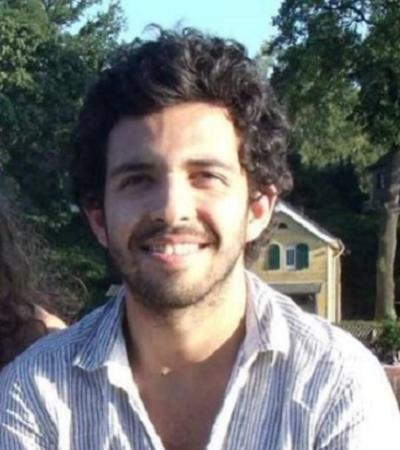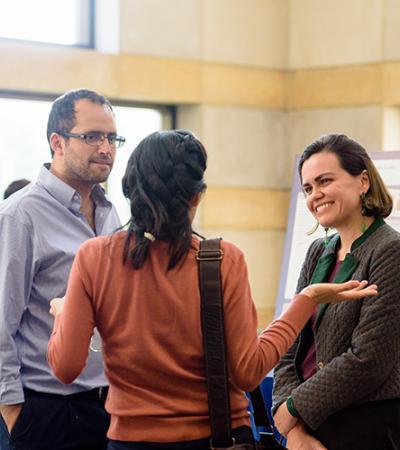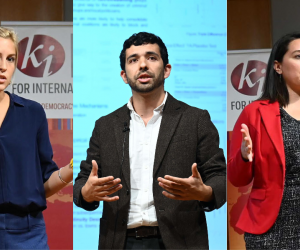This profile was current as of 2020, when he was part of the on-campus Kellogg community.
Camilo Nieto-Matiz received his PhD in Political Science at the University of Notre Dame in 2020. He was a Dissertation Year Fellow and Doctoral Student Affiliate of the Kellogg Institute of International Studies. He is currently a research affiliate of the Kellogg Institute's Notre Dame Violence and Transitional Justice Lab (V-TJLab).
His area of specialization is comparative politics and international relations.
His primary research interests include the political economy of conflict and violence, state capacity and governance, and democratic institutions in Latin America. He uses a multi-method approach that includes large-N statistical analysis, quasi-experimental techniques, and qualitative methods to examine the causes of weak states and their consequences for conflict and development; the conditions under which democracy shapes criminal and political violence; and how international institutions impact security and governance at the domestic level. His work has been published in Journal of Peace Research and Democracy and Security.
Nieto-Matiz holds a BA in Political Science from Pontificia Universidad Javeriana in Colombia and an MA in Public Policy and Conflict Studies from the University of Erfurt in Germany.
Camilo presents a two-minute synopsis of his research at Kellogg's Research Spotlight - Thursday, September 19, 2019
My research seeks to understand the the problem of political order in countries where democratic institutions coexist with organized violence. Thus, I am interested in understanding the causes and consequences of electoral violence, clientelism, and the process of state-building. My regional interest is Latin America, with a special focus on Colombia.
In particular, my dissertation project seeks to understand the process of state-building in weakly institutionalized democracies, with a focus on 1) why state-building exhibits such a rich variation across subnational units and 2) why and when politicians invest in some dimensions of state capacity (i.e. coercive, extractive, administrative) more than others.









